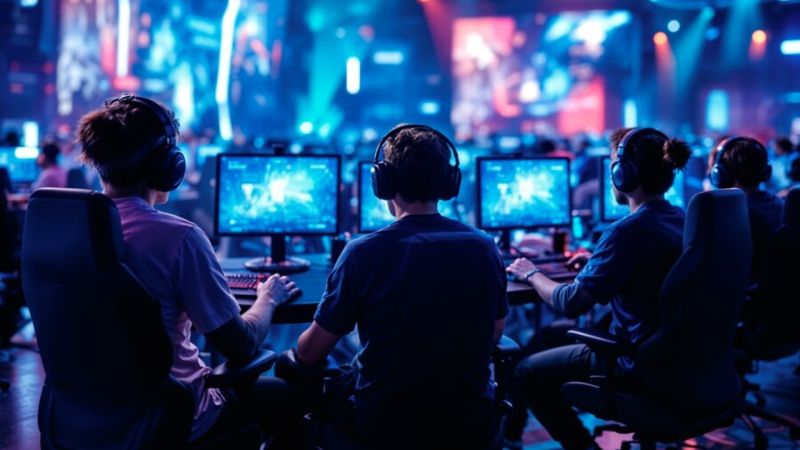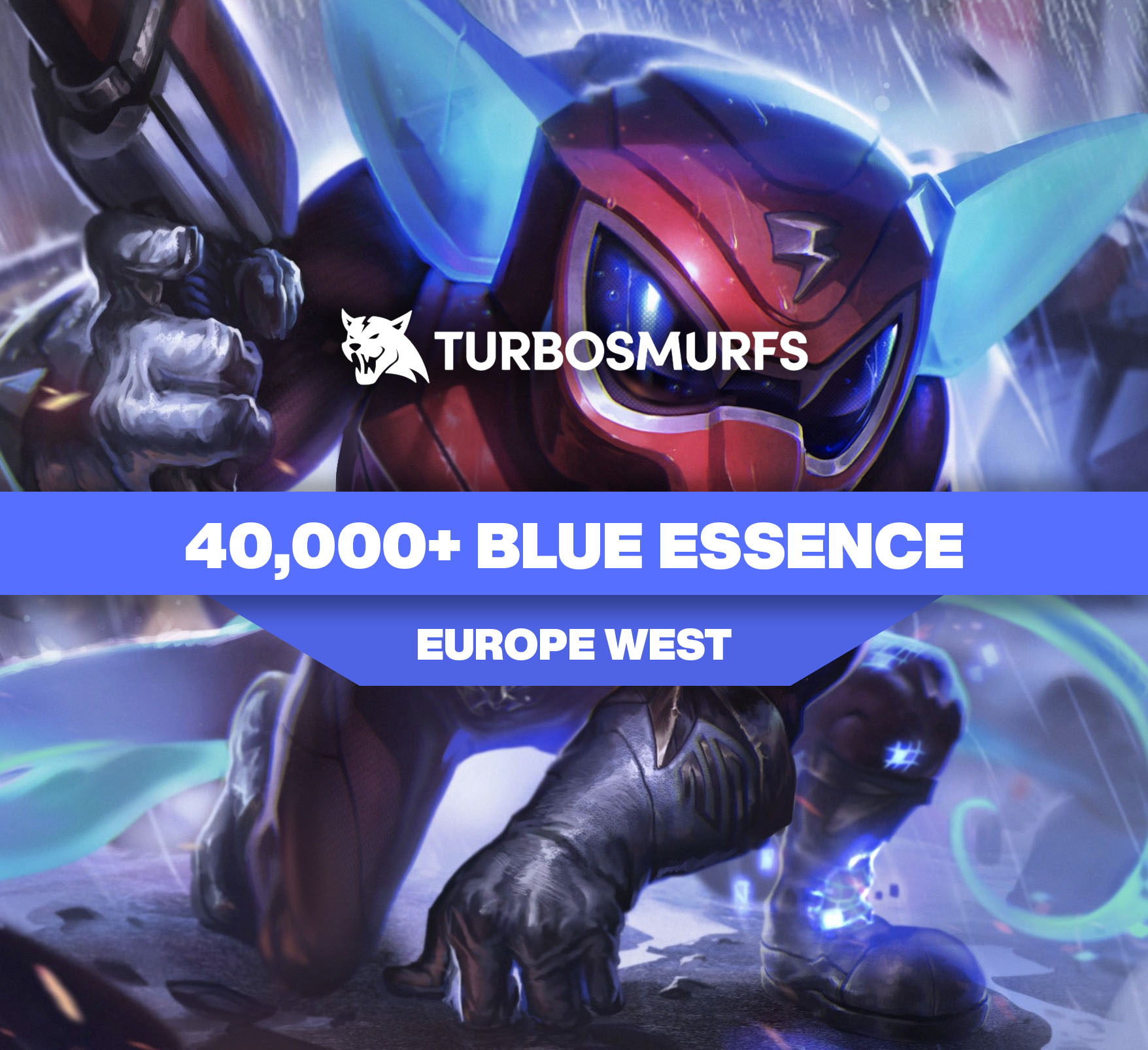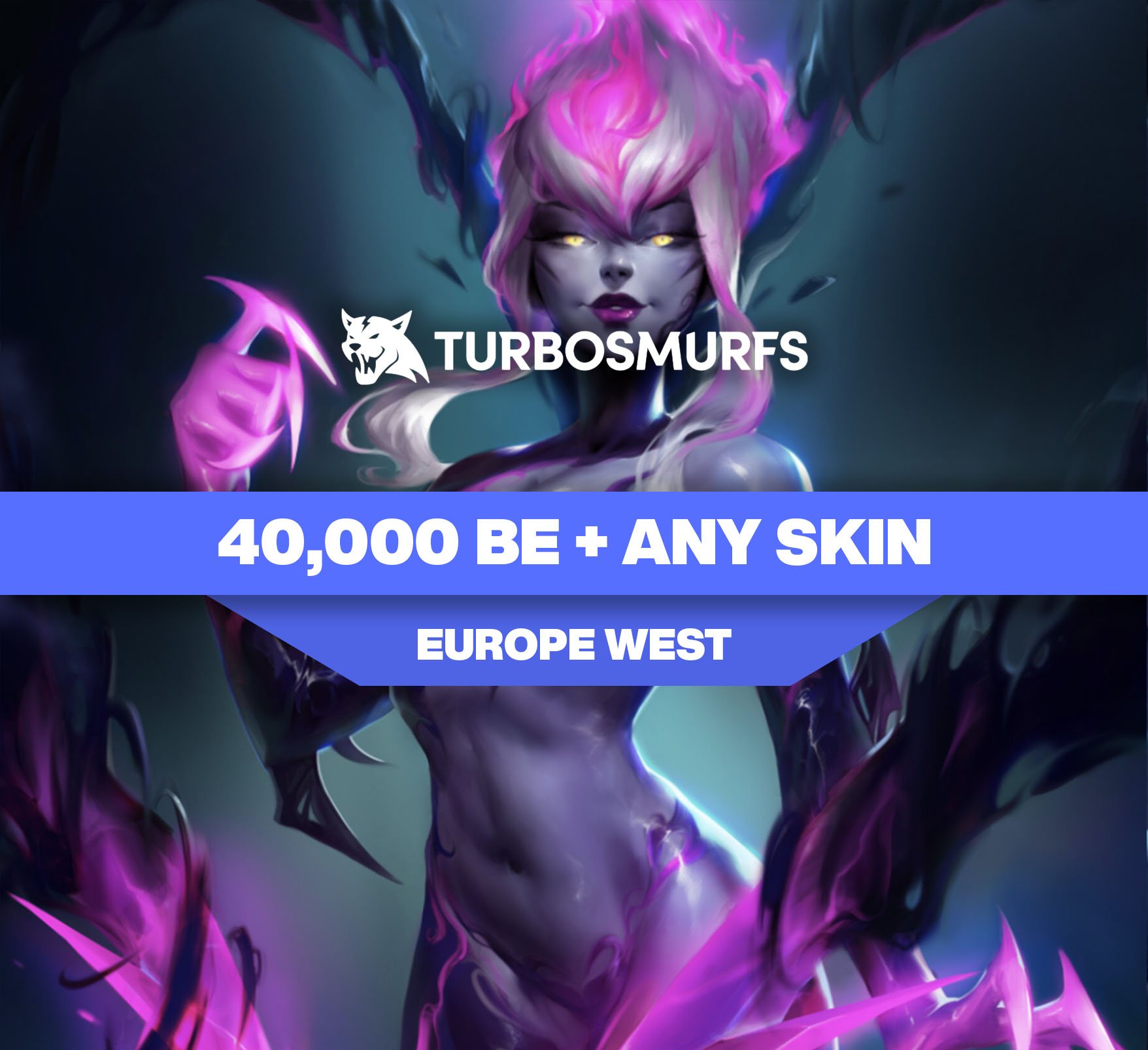
10 Differences and Similarities Between eSports and iGaming
Pro gamers grinding for tournament glory and casino players chasing jackpots might seem like they're in completely different worlds. But these industries actually bump into each other way more than you'd expect.
Think about it. The same person who can read a League of Legends meta like a book might also know when to fold at a poker table. Mobile apps made this crossover even easier. You can watch an eSports match on Twitch, then switch to betting on the outcome without missing a beat. Casino apps brought regulated gambling to your phone with proper security and player protections. You can view full details about licensed platforms and how they work. These apps basically took what works about mobile gaming and applied it to real money wagering.
So where do competitive gaming and gambling actually connect, and where do they split? Let's break down ten key points.
What Drives Players
eSports is all about proving you're the best. Players grind for years perfecting their aim, studying guides, learning strategies, and building teamwork that would make a military unit jealous. Sure, prize pools hit millions, but it's deeper than money. It's about respect, career building, and that rush when you clutch a round in front of 50,000 viewers. The top players become household names in gaming circles.
Gambling flips this completely. Most casino games are pure luck with some skill sprinkled in. Even poker has massive luck elements. Players chase quick wins and that rush of turning $100 into $10,000 overnight. Simple as that. The instant gratification keeps people coming back whether they're winning or losing.
The Money Side
eSports revenue comes from sponsorships, media rights, merchandise, and tickets. The industry is heading toward $6 billion by 2030. That sounds huge until you realize it's built on advertising dollars and brand partnerships, not direct player spending. Teams basically become walking billboards.
Online gambling absolutely destroys eSports in revenue. We're talking $78 billion in 2024, racing toward $154 billion by 2030. The business model is brutal but effective because players lose money and operators keep it. House edges, betting cuts, poker rake. Every single bet feeds the machine. Unlike eSports, this revenue is immediate and predictable.
Tech Priorities
eSports obsesses over performance. Zero lag, crystal clear streams, multiple camera angles, real-time stats that make ESPN look ancient. Everything revolves around making competition look amazing and keeping viewers glued to screens. Tournament setups can cost hundreds of thousands just for the tech alone.
Gambling tech focuses on security and money movement. Random number generators get tested more than NASA equipment. Payment systems handle millions without breaking. Mobile optimization isn't optional anymore since phones generate 85% of gambling revenue. One glitch destroys trust forever. Live dealer studios now look like movie sets with professional lighting.
Who's Actually Playing
eSports pulls younger crowds who live gaming culture. These fans follow teams religiously, debate roster moves, and celebrate wins passionately. Global audience hits 896 million by 2029, mostly through Twitch, YouTube, and Discord. Most players are young men with solid tech knowledge and money to spend on gaming.
Gambling spreads across all age groups. Sports bettors might never touch slots. Poker players ignore blackjack. The 593 million players worldwide care more about winning than community, though social features are changing that slowly. Traditional casino players tend to be older while sports betting attracts younger crowds.
Rules and Oversight
Gambling operates under government microscopes. Licenses cost millions, background checks rival FBI investigations, age verification is mandatory everywhere. Screw up and face massive fines. The industry paid $86 million in penalties just in 2024. Each jurisdiction has different rules making global operations a compliance nightmare.
eSports regulation is basically the Wild West. Some groups try preventing match fixing, but enforcement is hit or miss. No licensing for tournaments, age rules vary wildly, minimal player protection. It's getting better but very slowly. Most oversight comes from game publishers themselves rather than independent regulators.
Player Safety
Licensed gambling sites must protect players through deposit limits, self-exclusion tools, and reality checks. AI systems monitor betting patterns for unusual activity. Customer support teams get specialized training on player assistance and the tools are getting smarter at detecting unusual patterns.
eSports protection focuses on fair competition. Young pros need protection from unfair contracts and excessive practice schedules. Tournament organizers work to prevent harassment and cheating. However, the industry lacks comprehensive player support services. Some players develop unhealthy gaming habits that often go unaddressed.
Building Communities
eSports communities bond over shared obsessions with games and teams. Fans analyze every play, share tips and tricks, debate strategies, and celebrate championships together. Streaming makes it interactive where chat can actually influence what happens on screen. The parasocial relationships between fans and streamers create loyalty that brands would kill for.
Gambling communities form around different things like big wins, betting strategies, favorite games. Live dealer games add real human interaction. Chat features make solo gambling feel social. But it's more transactional than tribal loyalty in eSports. Winners get celebrated and losers get sympathy, but everyone disperses when the session ends.
Integrity Issues
Match fixing hits eSports regularly because oversight sucks. Players throw games for money, cheating software gives unfair advantages, skin gambling creates weird betting markets. The industry struggles with integrity across different games and countries. Recent scandals in lower-tier tournaments show how easy it is to manipulate outcomes.
Gambling integrity focuses on fair games and honest payouts. Licensed operators get audited constantly to verify their systems work properly. Game math is transparent and tested. Financial rules prevent operators from just stealing player money. The regulatory framework isn't perfect but it's light years ahead of eSports.
Where They Cross Over
Gambling companies sponsor eSports teams and tournaments because they want younger demographics. Online casinos offer eSports themed slots and betting on tournament outcomes. It's natural since gamers understand competition and betting adds excitement. Some casinos even host their own gaming tournaments with real prize pools.
eSports betting is the biggest trend right now. Fans bet on match outcomes, player stats, tournament winners. This creates revenue for both industries while expanding their reach. The crossover keeps growing as both chase the same tech-savvy audiences. Traditional sportsbooks now dedicate entire sections to eSports like any other sport.
Growth Paths
eSports projects massive growth of 23% annually through 2030, but from a smaller base. Mainstream acceptance helps, mobile gaming expands reach, 5G makes streaming better worldwide. Traditional sports networks are buying broadcasting rights and colleges offer eSports scholarships now.
Online gambling grows steadily from a much bigger foundation. Mobile already generates most revenue, new markets open as governments legalize betting. Growth rates are slower because the industry is already massive. But expansion into new territories and crypto payments keep pushing numbers higher each year.
The Bottom Line
eSports celebrates skill and competition in gaming culture while gambling provides thrills through risk and potential quick wins. One builds careers through talent, the other entertains through chance and strategy. The reality is clear when you look at the numbers. eSports' $6 billion market looks tiny next to gambling's $150+ billion revenue, but their overlap creates interesting opportunities as betting on gaming competitions brings both worlds together.
The future holds more crossover as both industries chase similar audiences. eSports needs gambling's money, gambling wants eSports' young fans. Mobile platforms make everything accessible to everyone, and whether this convergence turns out positive depends on how responsibly both industries handle mixing skill-based competition with real money wagering.

